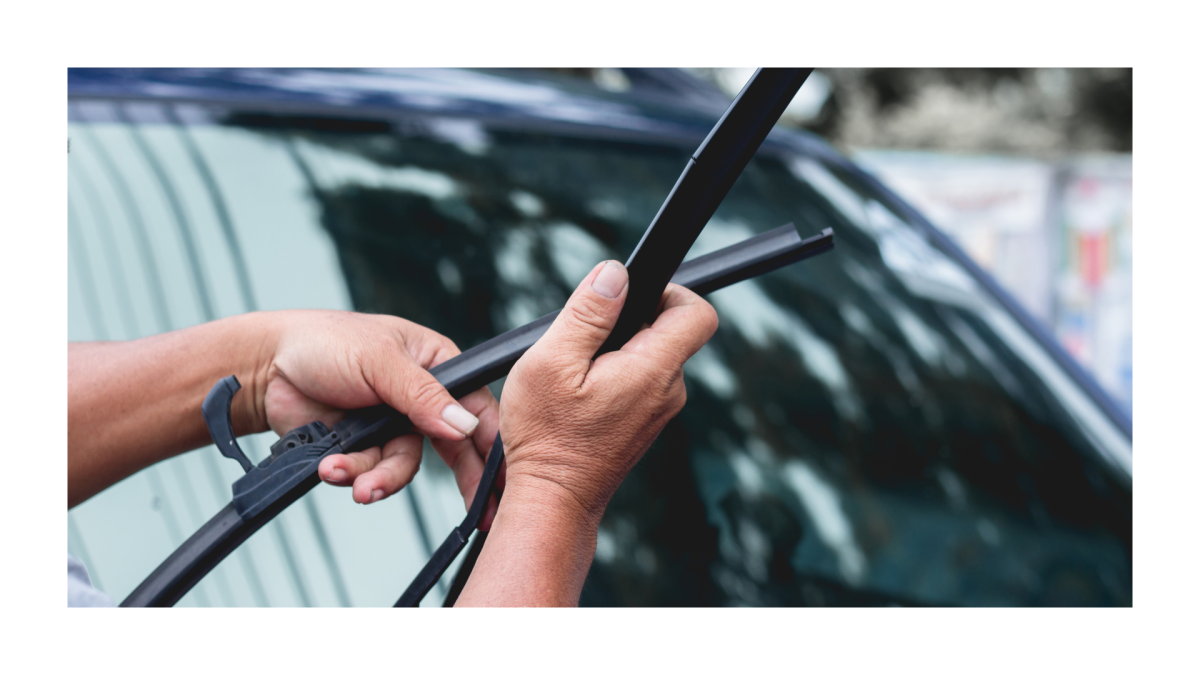Choosing New Wiper Blades for Your Car

Seven Tips For Finding Excellent Car Service
August 16, 2022
OEM, Refurbished and Remanufactured Injectors: Know the Difference
August 16, 2022To operate effectively, wiper blades need to be replaced at least once per year – and more frequently if they show signs of wear. Frost, sunlight and road spray combined to damage and harden rubber blades and corrode metal wiper parts.
When replacing your wipers, you need to ensure you obtain the correct size. However, are you aware that there are quite a few options available to you when choosing your new wiper blades?
Replacement Rubber Blades
If the metal parts of the wiper assembly are not damaged, it is often possible to replace just the rubber blade, if a suitable replacement can be located. Remove the existing blade, normally by bending a small retaining flap and pulling the blade out. The replacement rubber can be cut to size and then slid in to place.
This is a cheaper option if your blades are compatible, but worn wiper arm components, or damage to the metal wiper holder means you will have to replace the whole blade assembly fairly regularly as well.
Standard or OEM Wiper Blades
Standard wiper blades on most cars have a metal body that is designed to allow for curved screens. These are readily available from a variety of manufacturers, although most car handbooks specify Bosch or Valeo brands. The new blades are often supplied with a range of fittings, and replacing the blade is generally a case of removing the old blade assembly from the wiper arm, selecting the correct fitting, and connecting the new wiper blade assembly to the arm.
Wiper Blades With Spoilers
Specified for the drivers side for quite a few vehicles, a spoiler holds the blade more firmly against the screen at high speeds, giving improved wiping performance. If you find your current blades do not clear the windscreen effectively at high speeds, consider opting for the same size with an added spoiler.
Some blades come with detachable spoilers, but for most makes, the spoiler is integrated with the blade assembly.
Flat Beam Blades
Now being fitted as original equipment of some cars, flat beam blades, such as the Bosch Aerotwin, are the next generation of windscreen wipers. With no metal frame, a spine inside the blade body is designed to hold them firmly against the screen, but still allowing some flex.
Now available as an upgrade option to fit most vehicles, flat beam wiper blades will fit most wiper arms. Fitting is very similar to standard blades, but they often need to be net into shape by hand to ensure they contact the screen at all points.
As they are very flat, and have an aerodynamic shape, flat beam blades don’t need add-on spoilers to provide effective cleaning at all speeds.
Specialist and Rear Wiper Blades
Quite a few models of car now use specialist blades, especially curved blades for use in rear windows. Unfortunately, you often have no choice but to opt for the original manufacturers make, which can be expensive, but shop around rather than buying them from a local main dealer, as you can generally find much lower prices online or at a specialist retailer.
Headlight Wipers
Some cars, such as Volvo, have had wiper blades on their headlights for decades. If these get worn, the metal wiper arms can come into contact with the headlight lens. In extreme cases this could fail an MOT as it would disrupt the headlight beam pattern.
While headlight wipers are not part of the MOT, they should be checked as part of your normal servicing, and replaced when they show signs of wear.
Saving Money on New Wiper Blades
When looking to replace your wiper blades, it pays to shop around. By replacing them yourself (a five minute job that generally requires no tools), you can often save quite a bit compared to take it to a garage or dealer. Shopping around can pay save you money, as well as giving you greater choice in the types of blades you wish to fit. For a complete range of front, rear and headlight wiper blades available with next day delivery, check out the Autobulbs Direct web site.

